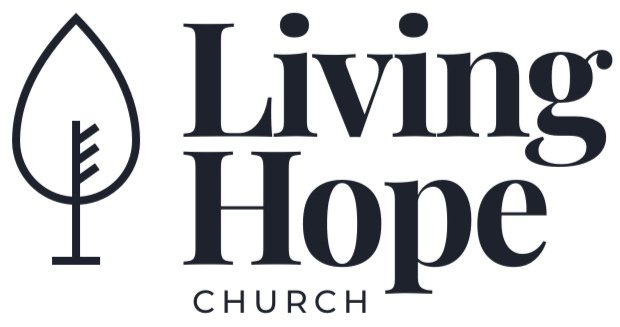Day 50 - Unauthorized fire
Today we come across the tragedy of Nadab & Abihu. These were the eldest sons of Aaron. They had been with Moses and the seventy elders of Israel who were privileged enough to see a manifestation of God on Mount Sinai (cf. Exod. 24:1,10). But what happens in Leviticus 10 is shocking.
1 Now Nadab and Abihu, the sons of Aaron, each took his censer and put fire in it and laid incense on it and offered unauthorized fire before the Lord, which he had not commanded them. 2 And fire came out from before the Lord and consumed them, and they died before the Lord. 3 Then Moses said to Aaron, “This is what the Lord has said: ‘Among those who are near me I will be sanctified, and before all the people I will be glorified.’ ” And Aaron held his peace. (Levitcus 10:1–3 ESV)
To many of our ears this seems harsh. It is not as though these men were worshiping a false god or defiling the altar in another manner. Yet they were struck down immediately by the Lord. Why? Consider all we have read. All the instructions on how to approach the Lord…to do just as he commanded because he is holy and we are sinful creatures. All the sacrifices that were needed to purify, to atone for sin. God brought his people into covenant relationship with him and he set forth the parameters for coming into his presence. And what did Nadab & Abihu do after it had been made undeniably clear? They went in a manner not commanded by the Lord - they sinned.
We need to better understand the nature of our sin. There is too much to reflect upon in this, but let me quote from R.C. Sproul and his book The Holiness of God.
“Sin is cosmic treason. Sin is treason against a perfectly pure Sovereign. It is an act of supreme ingratitude toward the One to whom we owe everything, to the One who has given us life itself. Have you ever considered the deeper implications of the slightest sin, of the most minute peccadillo? What are we saying to our Creator when we disobey Him at the slightest point? We are saying no :o the righteousness of God. We are saying, "God, Your law is not good. My judgment is better than Yours. Your authority does not apply to me. I am above and beyond Your jurisdiction. I have the right to do what I want to do, not what You command me to do.
The slightest sin is an act of defiance against cosmic authority. It is a revolutionary act, a rebellious act in which we are setting ourselves in opposition to the One to whom we owe everything. It is an insult to His holiness. We become false witnesses to God. W1 .en we sin as the image bearers of God, we are saying to the whole creation, to all of nature under our dominion, to the birds of the a it and the beasts of the field: "This is how God is. This is how your Creator behaves. Look in this mirror; look at us, and you will see the character of the Almighty." We say to the world, "God is covetous; God is ruthless; God is bitter; God is a murderer, a thief, a slanderer, an adulterer. God is all of these things that we are doing."“ (Sproul, p. 116)
Let us pray that we would understand sin more by grasping more of God’s holiness. All that we have read recently, though it may seem laborious, it reinforces the nature of God’s holiness and our sin. We need One to mediate for us. Thanks be to God for Jesus Christ!
